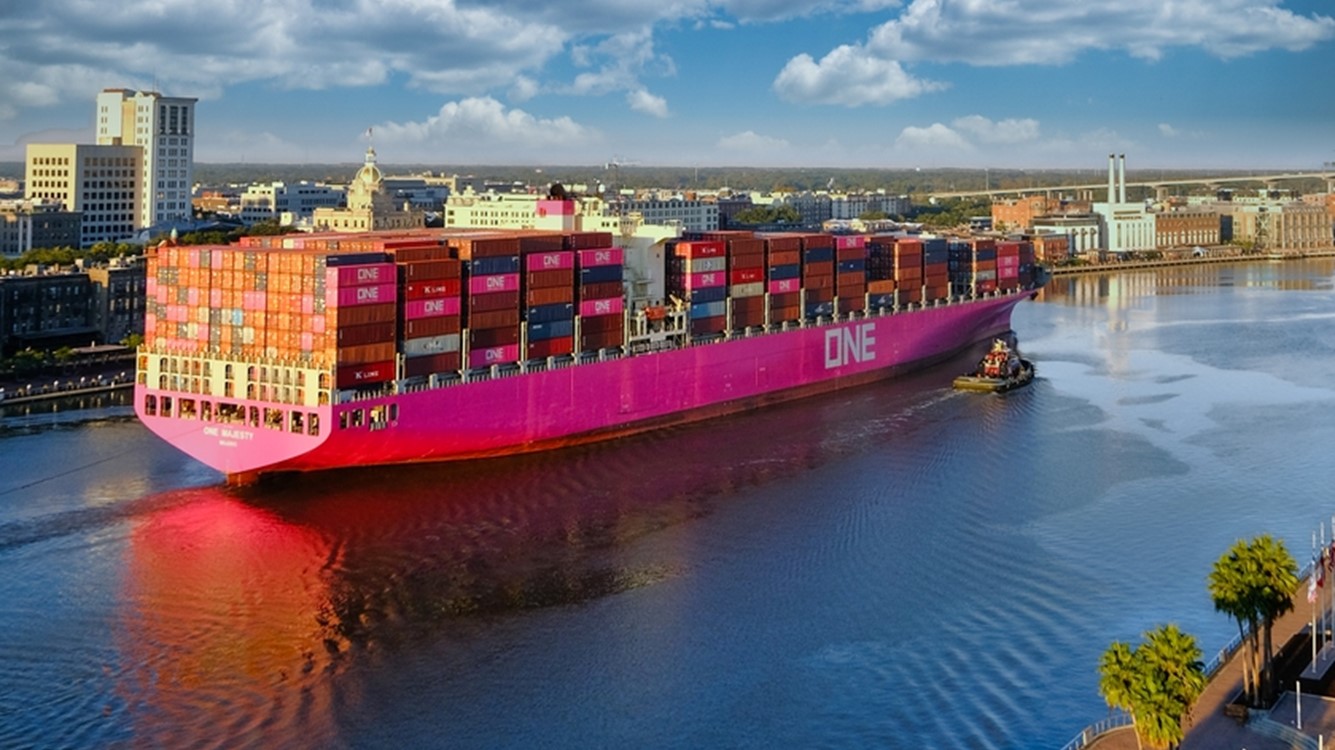Five key considerations as US faces port strike
45,000 dockworkers on the East Coast and Gulf Coast are poised to strike on October 1st unless a last-minute deal is brokered.

September 25, 2024
The US faces a strike on its East Coast and Gulf Coast ports on October 1st, as talks have broken down between the International Longshoremen’s Association (ILA) union and the US Maritime Alliance. The strike has been anticipated for quite some time as importers stocked up early this year, particularly in consumer goods. That had continued over the summer and started to slow in August in anticipation of a slowdown ahead of the strike.
Views are mixed on the likelihood of the ILA going on strike. The union has not had a stoppage in 47 years. Industry experts believe that it is likely we will see a last-minute deal brokered between the union and the employer group. However, markets are betting on a strike by the union given the stakes for members; the issue of automation ups the ante for negotiations.
If there is a strike, these are five key considerations:
- The ILA strike would impact approximately 45,000 workers at East Coast and Gulf Coast ports. These ports have become much more important since the pandemic given the disruptions on the West coast, handling about half of all monthly imports. Disruptions earlier this year and limited capacity in maritime have already caused shipping rates to surge via the East Coast.
- It is unlikely that the Federal Reserve’s decision-making will be impacted by a strike as the Fed tends to look through strike effects; our forecast holds for an additional 0.5% point cut by the end of the year.
- A shorter strike would be less impactful and would be felt more as a blow to margins than manifest as an increase in consumer prices. The largest impacts would be to nondurable goods like agricultural exporters and oil and gas distributors given the Gulf Coast stoppage. A shorter strike would be unlikely to hit capacity in a big way or hit other importers/exporters given the stocking up and early shipping diversions we saw earlier this year.
- A longer strike is unlikely given the hit to activity that it takes but is not impossible. A longer strike (greater than 1-2 weeks) would have large impacts to importers, exporters and logistics companies, particularly those consumer goods companies that are sensitive to holiday logistics. This is an important time of year for holiday shipping, and ordering does not show signs of slowing. Any disruption at this time of year could take longer to resolve. It would be likely in this scenario to see higher shipping rates on maritime, rail and trucking. West coast ports would be most heavily impacted.
- At the two week mark, the union stoppage would show in the monthly labor market report as a loss in paychecks as well as an increase in those out of work who usually work full-time. Strikes are not counted in the unemployment numbers.
Subscribe to insights from KPMG Economics
KPMG Economics distributes a wide selection of insight and analysis to help businesses make informed decisions.
Explore more

Global Navigator from KPMG Economics
Central banks eye global soft-ish landing

KPMG Economics
A source for unbiased economic intelligence to help improve strategic decision-making.

Imports jump, widening the trade gap
The depreciating dollar is a factor.
Meet our team
